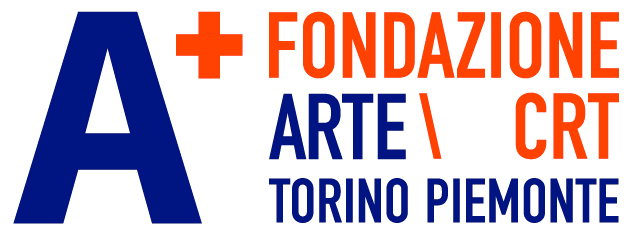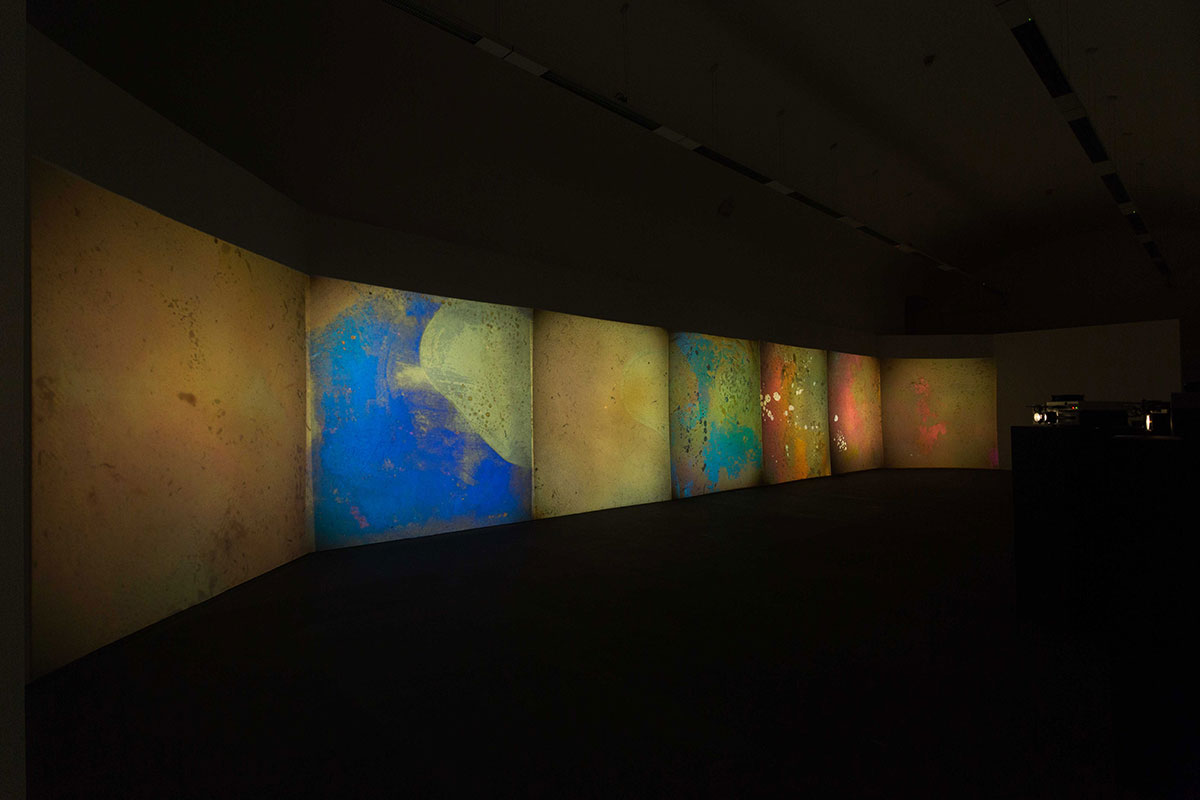Born in 1926 in Nuremberg to Polish Jewish parents, Gustav Metzger was taken to safety in Great Britain together with his brother and thousands of other children from Nazi Germany as part of the Kindertransport initiative: he would never see his mother or father again, as they were killed in 1943 in an extermination camp. As he declared on many occasions, it was the traumatic circumstances of his childhood that influenced the whole of his adult life, his relationship with art and his political activism. Growing up in a world dazzled by the optimism of the post-war years, he instead clear-mindedly weighed up the negative consequences of technological progress, from the arms race to environmental devastation. [...]


